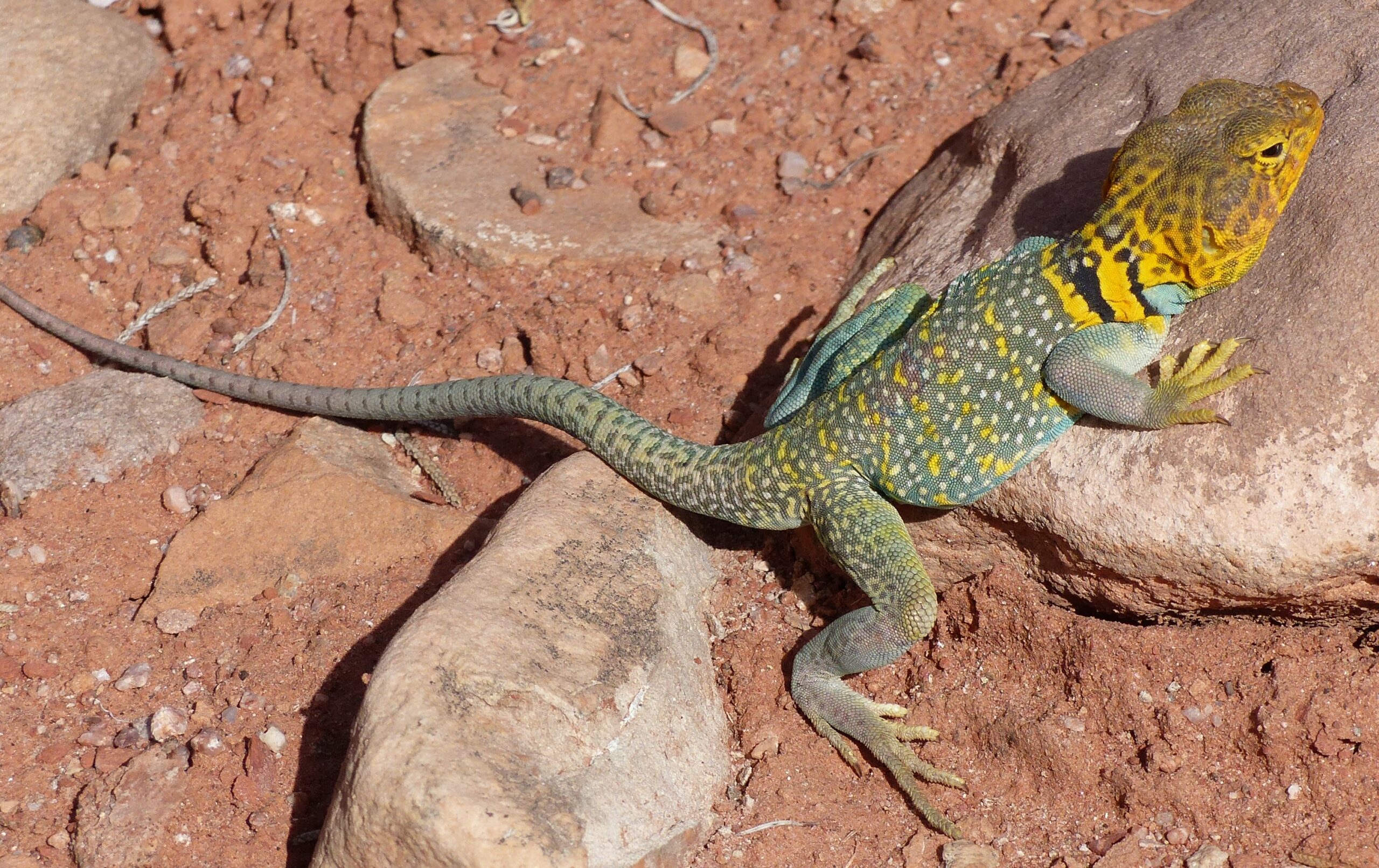Do you recognize the experience that you are being challenged in some way, and that in response you become unreasonable, you might be angry and say things that you later regret? It can feel as if an alien force within takes control. Maybe I am the only person who gets carried away like that, but I have the feeling that I am not alone in this behavior.

In his book The Biology of Transcendence, Joseph Clinton Pearce describes the different parts of our brain, how these parts evolved over time, and what role they play in our thinking and our behavior. The most primitive part of our brain is the reptilian brain. It is not capable of deep reflection and is mostly concerned with our survival. Questions the reptilian brain ponders are basic, here are examples. Can I eat it? Can it eat me? Can I mate with it? The reptilian brain serves a function, it is part of our survival instinct, and it is the part of the brain where our fight or flight responses reside. But the reptilian brain may also hold us back. The waves of anger that may overwhelm us and that may lead to angry outbursts originate in our reptilian brain. When the reptilian brain takes over, compassion and empathy are absent, and there is no reflection or deep thinking about the situation and our response. These more nuanced ways of responding and thinking are rooted in the higher-level parts of our brains, and they don’t get a chance to contribute once we turn into a reptile.
Many politicians know this, at least instinctively, and many of them appeal to the reptilian brain of voters in their campaigns. They do this by emphasizing threats and fears–often without offering real solutions. In addition, politicians often use the “shouting voice” where they increase the volume of their speech and use a tone of urgency and warning. The threat that this conveys activates the survival instincts of voters to the degree that it shuts down their rational and empathic ways of thinking.
What can you do when the reptilian brain tries to take over? One of the best things to do, is to do nothing. That is, to take a deep breath, pause, and don’t react instinctively. This gives the higher-level parts of our brain the opportunity to assert themselves and bring positive emotion and careful thought to the situation. It also is useful to be aware of what our trigger points are. Are there certain situations or behavior of others that tends to inflame you? Being aware of situations where we are vulnerable can help us prepare for a reptilian hostile takeover. Affirmations can be a great tool to assert that we are more than our survival instincts. It may be good to check in regularly with yourself to gauge your emotional state. Are you stressed? Are irritations mounting? Do feel the urge to challenge or to provoke? It may also be that we are living a life that it not ours to live. When we cannot handle this anymore angry outburst can be the result. These mental states can serve as warning signals, and a time-out, reflection, or anchoring in our ideals may be called for.
The reptilian brain has a role to play—survival—but it can also hold us back. Our behavior does not need to be dictated by our reptilian brain, and we don’t have to turn into a reptile when provoked. Fairy tales offer a reminder of this when the frog turns into a prince after being kissed by the princess. It is telling that the kiss–an act of love–is the trigger to transformation. Which “reptile” can you turn into a “prince” by an act of kindness, empathy, or love?
